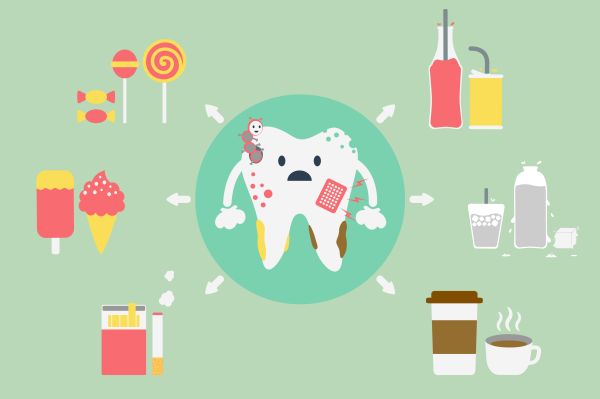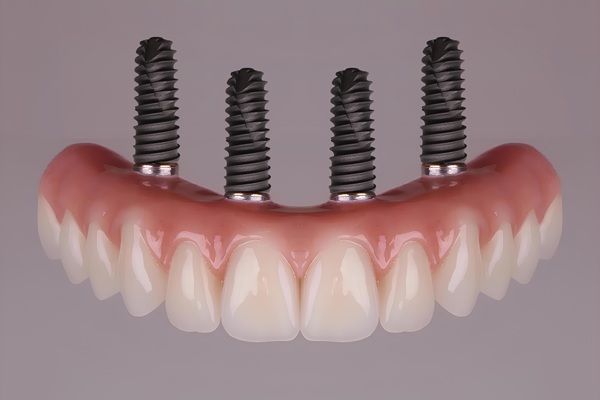How an Oral Piercing Affects Your Teeth and Gums

Whether it's believable or not, oral piercings can have a significant effect on the rest of the mouth - including the teeth and the gums. When something sharp and metal is placed inside something that holds a lot of bacteria, such as the mouth, the piercing is likely to get infected. An infected tongue will inevitably lead to other oral infections, which as one can imagine, isn't enjoyable.
While an oral piercing doesn't seem harmful, it actually can be. When something like a tongue ring is inserted into the tongue, it will cause the tongue to be cut — like any other piercing. Blood will form, and the body will work to heal it as quickly as possible, but that's not always the case — especially with the mouth.
All areas around the mouth are prone to bacteria
Oral piercings are placed within or around the mouth, which is a massive source of bacteria. The teeth and gums rely on a person to maintain good dental hygiene to avoid infections or diseases. If proper hygiene isn't maintained, bacteria begins to grow all around the gums and in the roots of the teeth. When a piercing slices the tongue or lip open, it needs the proper amount of time to heal. However, the healing process inside or around a wet salivated mouth may take double the time than it would if it were an ear or nose.
Understanding the risks and effects of oral piercings can save someone a lot of money, time, and pain.
The effects of oral piercings on the teeth
Bacteria tends to grow in places that are wet or poorly maintained. When a piercing is first received, people are less likely to touch or clean the area surrounding due to the discomfort that comes along with it. The cut from the piercing will take a significant amount of time to heal, and without proper dental hygiene, infections are bound to form.
If an infection forms around the tongue or lip then it will likely spread to the teeth, causing diseases, erosion or cavities. Bacteria thrive on open wounds and especially wounds that are in a salivated environment. The teeth will likely be affected by the bacteria. Be sure to continually clean the teeth to avoid any bacterial infections from forming.
The effects of oral piercings on the gums
While the mouth is susceptible to infection as a whole, the gums are especially vulnerable to infections and bacterial growth due to their location inside of the mouth. Because the gums line the teeth and protect the roots, they are one of the most critical parts of the mouth. They need to be maintained correctly for them to stay healthy.
Because bacteria thrive on open wounds, an oral piercing will often get infected. The infection will spread to the gums and the lining of the gums because it has nowhere else to latch onto. Ensure that the gums are adequately cared for while the wound is healing. Otherwise, a bacterial infection will form causing long-term damage.
Avoiding oral piercings as a whole might be in someone's best interest, but if an oral piercing is so desired that someone can't say no, then it's best to pay very close attention the rest of the mouth as well. Proper oral hygiene is required to avoid any bacterial infections or diseases from forming along the gums or among the teeth.
If there are questions or concerns that you may have about oral piercings, don't hesitate to reach out to us today. We're always happy to assist to the best of our ability and answer any questions you may have!
Request an appointment here: https://www.southfloridadentalarts.com or call South Florida Dental Arts at (305) 230-4041 for an appointment in our Miami office.
Check out what others are saying about our dental services on Yelp: General Dentistry Services.


